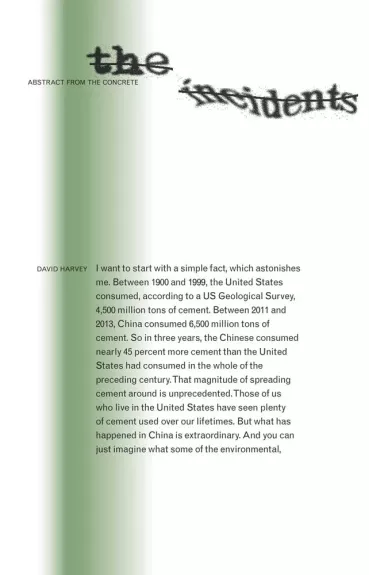


The Tutu
The nineteenth-century French writer and publisher Léon Genonceaux (1856--?) is as much of an enigma as those two legendary enfants terribles whom he was the first to publish: Arthur Rimbaud and the Comte de Lautréamont. After he had done so, a conviction for publishing indecent literature followed, and Genonceaux fled to London, returning to Paris around 1900 and then disappearing forever around 1905, leaving behind a wild, stupefying masterpiece called The Tutu. The Tutu is one of those mythical beasts--a great lost book; a book that, if it had been published when it was written (in 1891), would have been one of the defining works of late nineteenth-century French literature. In fact it was published, but was never distributed to bookstores, and today only six copies of the original edition survive. Willfully scatological, erotic and gleefully Nietzschean in its dismemberment of fin-de-siecle morality, The Tutu is at once a sort of ultimate Decadent delirium and also a proto-modernist novel in the vein of Ulysses. Its existence was first posited in 1966 by a famous literary hoaxer, and until a handful of copies turned up some years later, in the early 1990s, it was presumed to be a fabrication. This is the first English translation.













